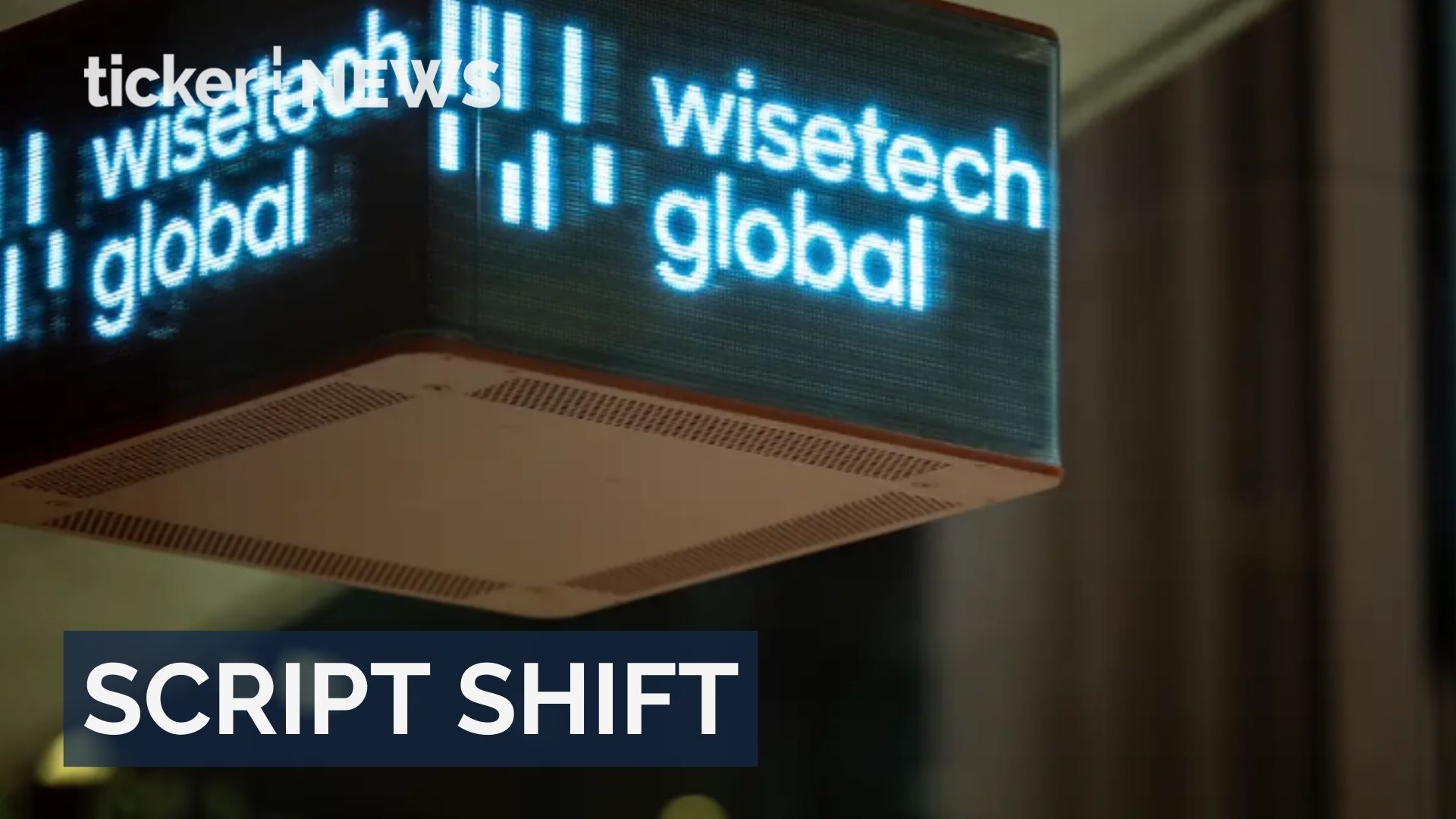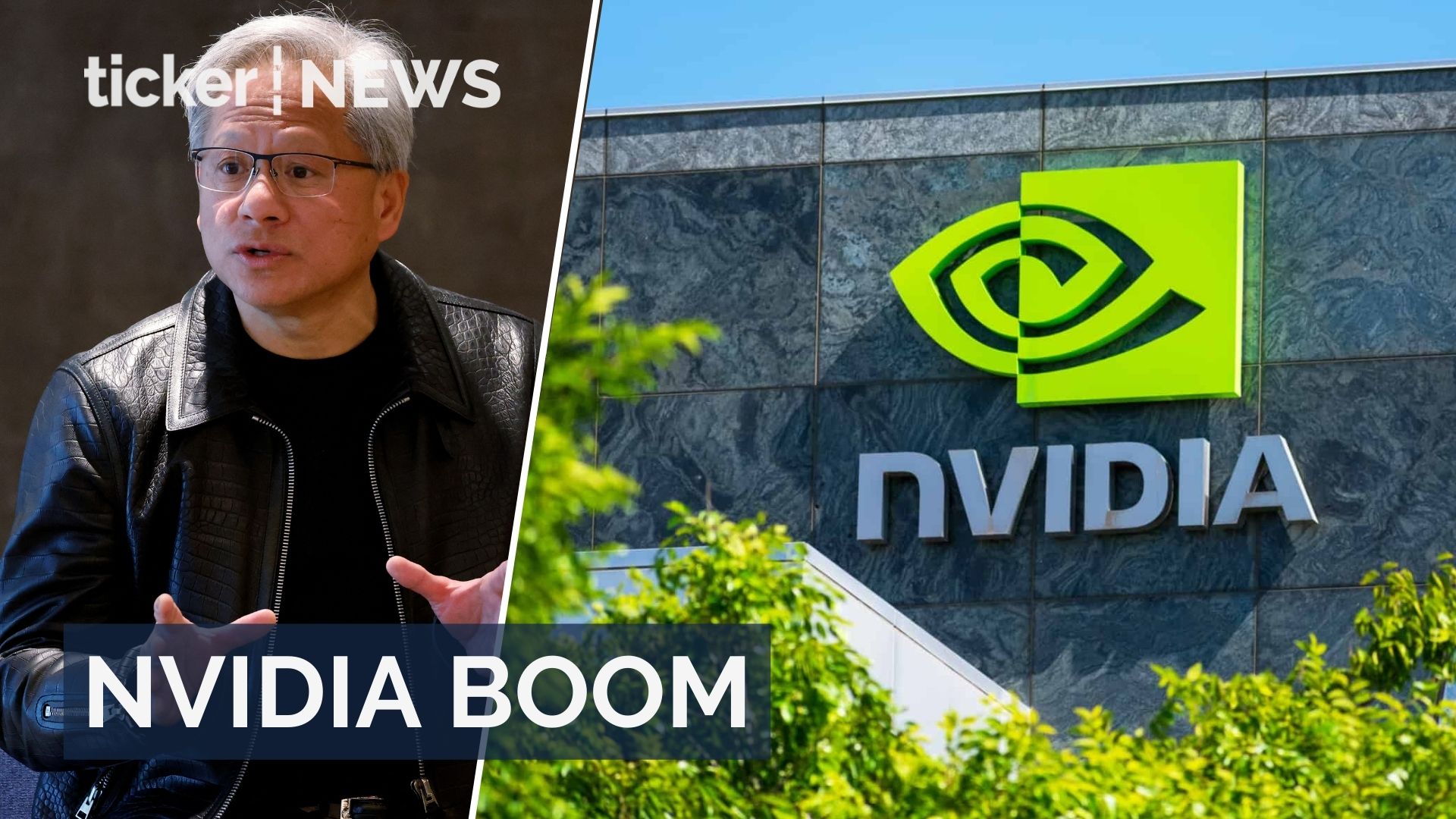Tech
Tesla Cybertruck unveiling: mystery surrounds key details

Tech
WiseTech Global to slash 2,000 jobs amid AI transformation
WiseTech Global to reduce workforce by a third amid AI changes, despite 36% drop in net profit.
Tech
Nvidia earnings soar as AI drives 75% revenue growth
Nvidia’s earnings soar as AI-driven data center revenue jumps 75% amidst booming demand
Tech
OpenAI moves to replace software giants with AI products
OpenAI targets $280 billion revenue by 2030, prompting market fears despite some executives’ confidence in traditional software.
-



 Tech1 day ago
Tech1 day agoOpenAI moves to replace software giants with AI products
-

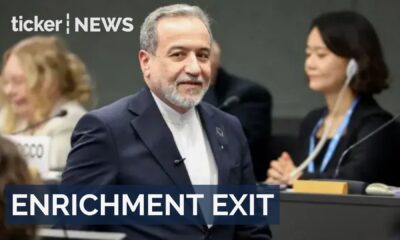

 News3 days ago
News3 days agoIran signals nuclear concessions as U.S. talks intensify
-



 Money3 days ago
Money3 days agoU.S. investors flee stock market for global opportunities
-

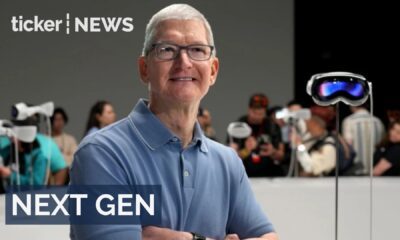

 Tech3 days ago
Tech3 days agoApple’s next AI wearables could change how we use tech
-



 Tech2 days ago
Tech2 days agoAnthropic CEO holds key Pentagon talks on AI ethics and military use
-



 Money5 hours ago
Money5 hours agoAustralia inflation report and Nvidia earnings impact explained
-

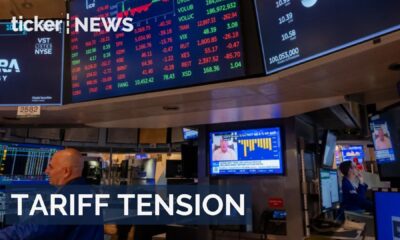

 Money2 days ago
Money2 days agoStocks tumble amid AI concerns and Trump tariff update
-



 Ticker Views3 days ago
Ticker Views3 days agoHow Andrew Mountbatten-Windsor could be removed from the line of succession



